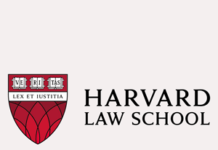 A new study authored by Drew Allen of Princeton University and Gregory C. Wolniak of New York University examines how tuition increases at state-operated colleges and universities have impacted the racial and ethnic diversity of these institutions.
A new study authored by Drew Allen of Princeton University and Gregory C. Wolniak of New York University examines how tuition increases at state-operated colleges and universities have impacted the racial and ethnic diversity of these institutions.
In examining the history of tuition increases at public four-year and two-year institutions over a 14-year period, the authors found a direct correlation between the amount of increase and a reduction in the racial and ethnic diversity of the student body at these institutions.
The authors write: “Tuition increases that have occurred at non-selective, largely open-access, and public 4-year institutions are negatively and signficantly associated with decreases in the racial/ethnic diversity of enrolled students. This same negative relationship can be seen among 2-year public institutions, and these effects are more pronounced among full-time, first-time freshmen as compared to the overall full-time campus population. All else equal, a $1,000 tuition increase at 4-year, non-selective public institutions is associated with a 4.5 percent drop in campus diversity among full-time freshmen.”
The study, “Exploring the Effects of Tuition Increases on Racial/Ethnic Diversity at Public Colleges and Universities,” was published in the journal Research in Higher Education. It may be accessed here.











